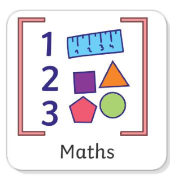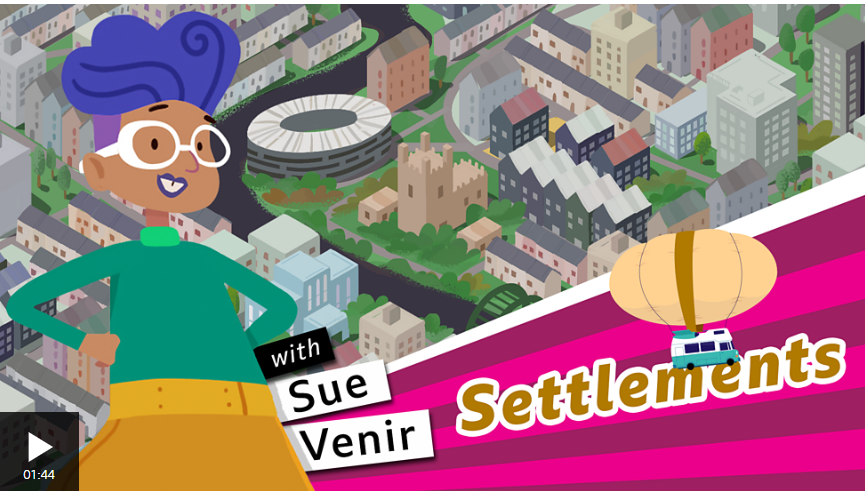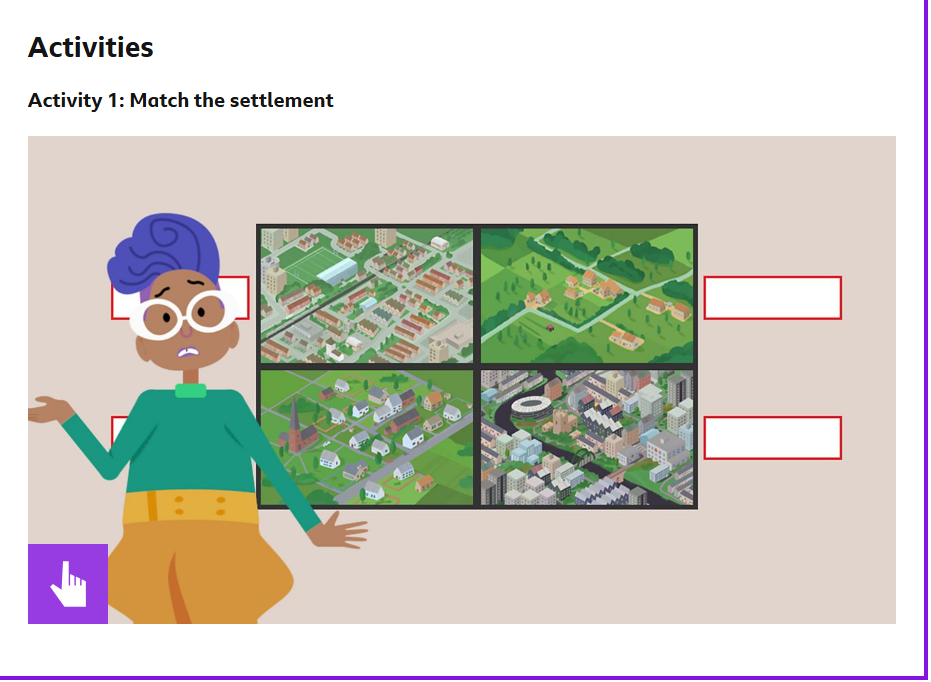Monday
To be able to use segmenting to write VC and CVC words
What are vowels (V)?
a, e, i, o, u
What are consonants (C)?
all the other letters in the alphabet
Let's learn:
VC words include- in, it, to, be
CVC words include- mop, bed, hat
Today we are going to think about ways we can change the poem Hickory Dickory dock to make a new one using our phonics to help us spell words we want to include.
Let's start by using our story map to remind ourselves of the poem.
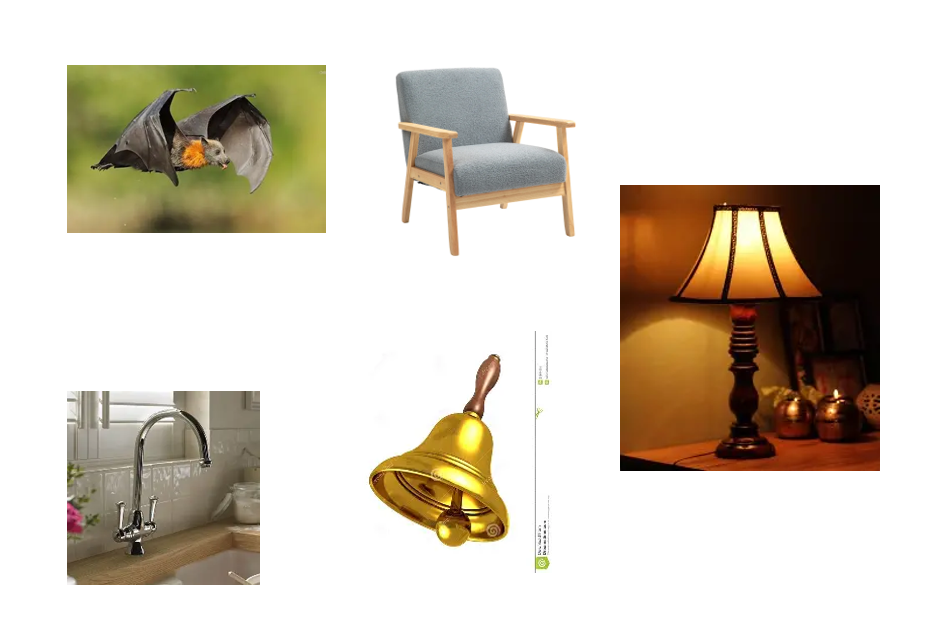
Let's use these objects and rhyming words to fill in the missing words in the poem. We will say them together then use our phonic knowledge to write the words on our whiteboards.
Hickory Dickory _______
The mouse ran up the ______
Some children will be completing this practically outside.
To be able to count similar objects up to 10 with accuracy and fluency.
Have a look at the pattern below.
Talk to your partner, what do you notice?
Have a look at numbers 3, 5, 7 and 9; What do you notice about the orange counters?
What do you notice about the red counters?
Think about your learning from Reception, what are the numbers with a straight edge at the top called?
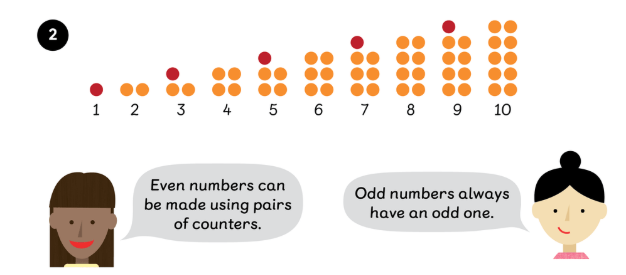
Talk partners
Can you name an odd number and an even number?
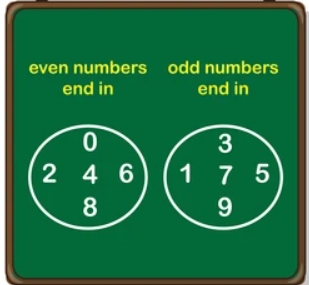
Activity
Count the objects you see on the board and write the number on your whiteboard.
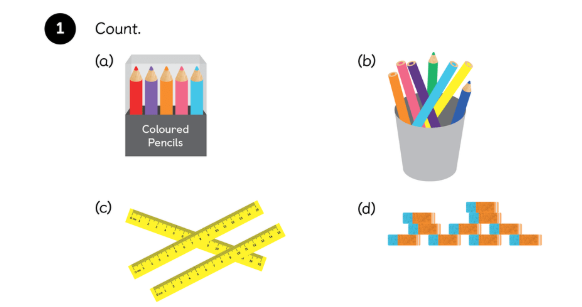
Why might people put their trust in God?
In RE today, we will be exploring the answer to...
How significant is trust when we make/keep promises?
What is a promise?
A promise is when a person agrees to do something.
What is trust?
A firm belief.
Here are some examples of promises;
- I promise to look after you.
- I promise to not hit.
- I promise to listen to my friends and teachers.
- I promise to look after my things.
/i/video/Mrs_Lavery/Moral__Keep_your_promises.mp4
Why is it important we can trust one another to keep these promises?
Why is it important to be trustworthy?
What makes someone trustworthy?
We are going to make some promises to each other as a class.
Talk to your talking partner about what we can have as class promises.
Play cross the river outside, the children can only cross the river if they say a promise!
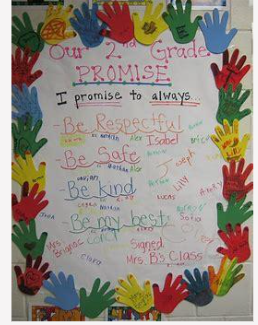 We are going to write them down and to show we all agree and trust each other to keep the promises. Instead of hands like the picture above, we are each going to put our fingerprint around the edge of the paper, including the adults too!
We are going to write them down and to show we all agree and trust each other to keep the promises. Instead of hands like the picture above, we are each going to put our fingerprint around the edge of the paper, including the adults too!
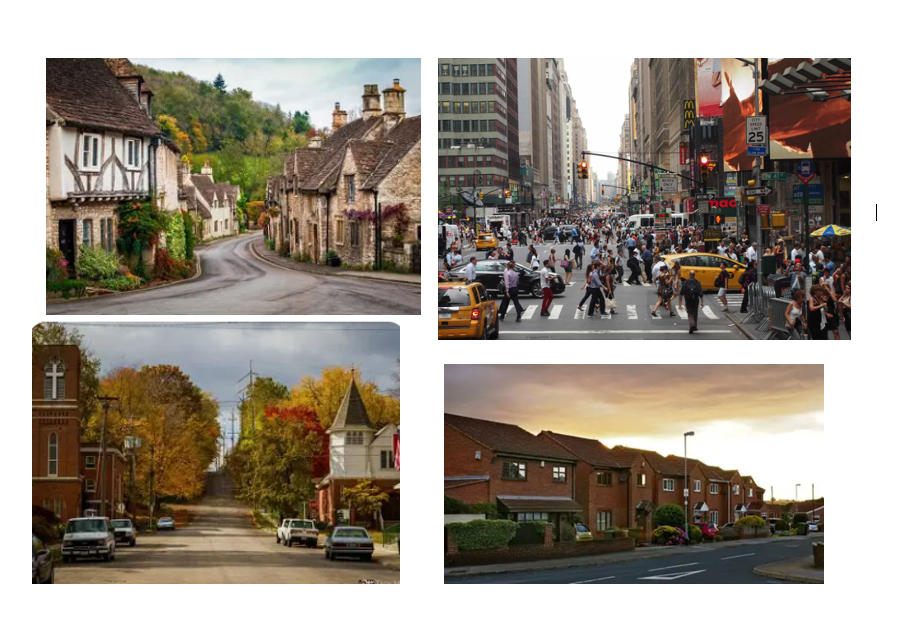
-
Settlements are places where people live and sometimes work. They can be small or large.
-
This depends on how many people live there and how many facilities there are.
-
Facilities are places like:
- schools
- parks
- shops
Village
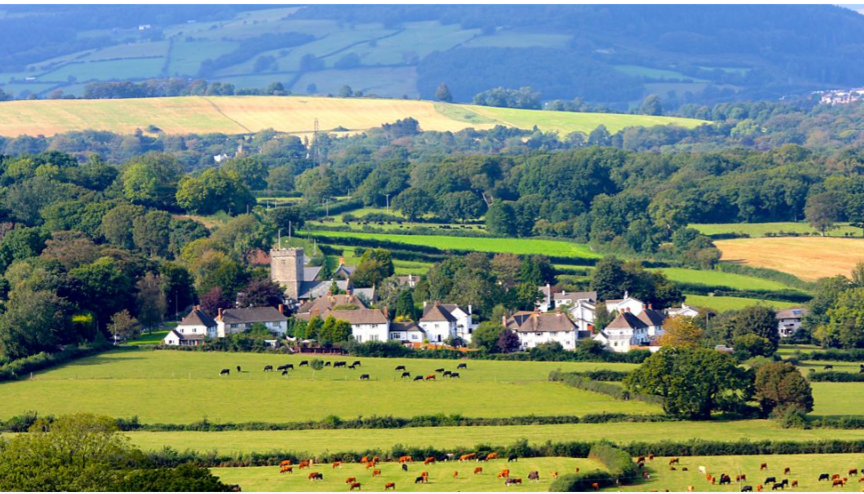
- A village is also small but may have houses, a primary school, a few shops, a Post Office and a village hall.
Town
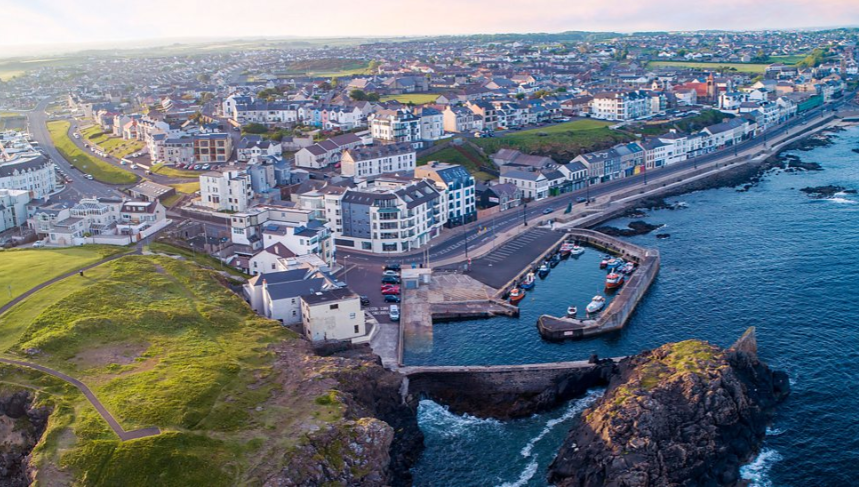
- A town is larger than a village, with lots of houses, primary and secondary schools, as well as sometimes having a railway station and shopping centre.
City
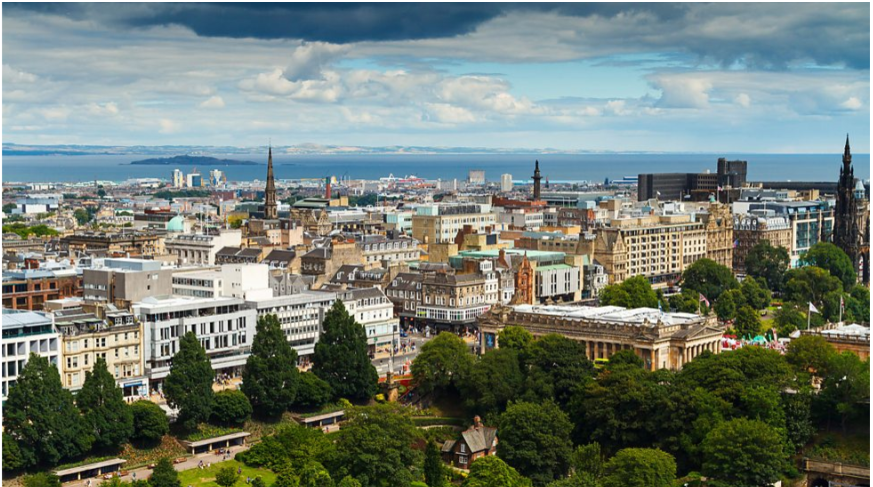
-
A city is the largest type of settlement, containing lots of buildings and lots of people. They usually have hospitals, sports facilities, universities, shops, offices, many houses and often a cathedral.
-
In the UK however, some cities may be small. This is because some settlements have a cathedral and this makes them a city. For example, St Davids in Wales and Wells in England.
Some settlements also have a special use, or function. For example:
- ports - by a river or sea for ships to transport goods
- market towns - where local farmers sell goods
- resorts - where people go on holiday

